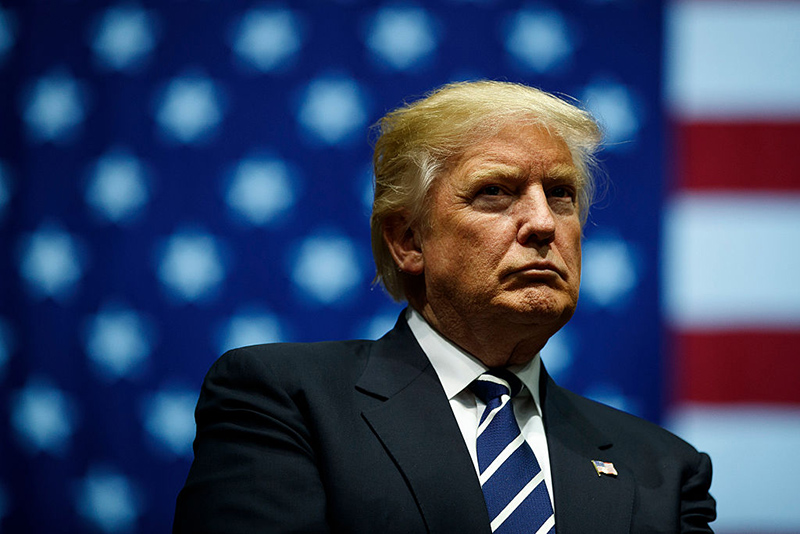The big story in each of the last two presidential elections is how wide of the mark many pollsters’ forecasts turned out to be. Despite having four years to adjust their sights after predicting a Hillary Clinton win in 2016, most polls this year also significantly misjudged the numbers, putting Joe Biden ahead in the popular vote against President Trump by anywhere from 8 to 12 points.
But the bad polling didn’t stop there.
A close look at some of the most expensive, heavily contested ballot initiatives this year suggests that polling issues extend beyond voters’ presidential candidate preferences. In states as different as California, Illinois and Arizona, polls turned out to be significantly off on everything from raising taxes to reforming criminal justice. Whether the misfires were bad sampling, voters changing their minds or people deciding that issues heavily backed by left-leaning groups are too controversial to talk about frankly with survey takers, the results point to broader problems with political polling.
In Illinois, advocates of a progressive income tax fought a campaign, supported by much of the state’s Democratic establishment, to raise taxes on the state’s rich. Supporters banked on polls taken last spring that suggested that up to two-thirds of voters backed the amendment.
Given that Illinois Gov. Jay Pritzker and his allies had warned that otherwise taxes would go up for everyone, the measure seemed an easy winner. Yet it garnered just 45 percent of the vote, as residents heeded warnings that introducing a progressive income tax would eventually lead to much broader tax increases.
A similar ballot question in Arizona, Proposition 208, appears to have just squeaked by, but at a margin far below what the polls suggested.
The measure proposed a tax surcharge on incomes over $250,000. Supporters, including the National Education Association, which contributed $6 million to the campaign, thought they were heading to easy victory when a September poll showed that “just 25 percent of registered voters say they will vote against this.” Ultimately, it passed, but with 48 percent of voters opposing it.
Proposition 15 in California sought to boost taxes on commercial property. The initiative would have revoked elements of Proposition 13 that limit property-tax increases on businesses’ real estate. Backers invested heavily, led by the California Teachers Association, which donated $17.5 million to the campaign.
Polls taken throughout the fall showed that half of voters supported the measure, and a large percentage of the rest were undecided, leaving as few as 21 percent of voters in one poll opposing the question. The only way the proposition could lose was if all the undecideds voted against it — an unlikely scenario. Yet that’s what apparently happened, as the initiative lost by 52 percent to 48 percent.
Virtually everyone who told pollsters they were undecided on several other California initiatives eventually voted against the questions, suggesting that voters may simply have been reluctant to tell pollsters how they really intended to vote.
Both Proposition 21, which would have expanded local rent control in the Golden State, and Proposition 25, which would have ended cash bail for those awaiting trial, were leading in polls throughout the fall, but with a heavy percentage of voters saying that they hadn’t made up their minds. Proposition 21, backed by the California Democratic Party and Black Lives Matter, garnered opposition from just 27 percent of respondents in one September poll, with an equal number of undecideds. Though opposition started to grow in the fall, nothing in the polling suggested that a decisive 60 percent of voters would say no — which is what happened.
Similarly, polls showed a lead for Proposition 25, which would have replaced cash bail with a risk-assessment program for those accused of crimes. Almost a third of voters were undecided, however, and most of them broke against the ballot question.
State ballot initiatives have been costly, with supporters and opponents spending some $1 billion this fall. Before leaping into these campaigns, advocates typically do polling to see how the questions play among the public. Given how unreliable polling has become, future ballot-backers may think twice about throwing good money after bad data.
This piece originally appeared at New York Post
______________________
Steven Malanga is the George M. Yeager Fellow at the Manhattan Institute and a senior editor at City Journal. This piece was adapted from City Journal.
This piece originally appeared in New York Post
